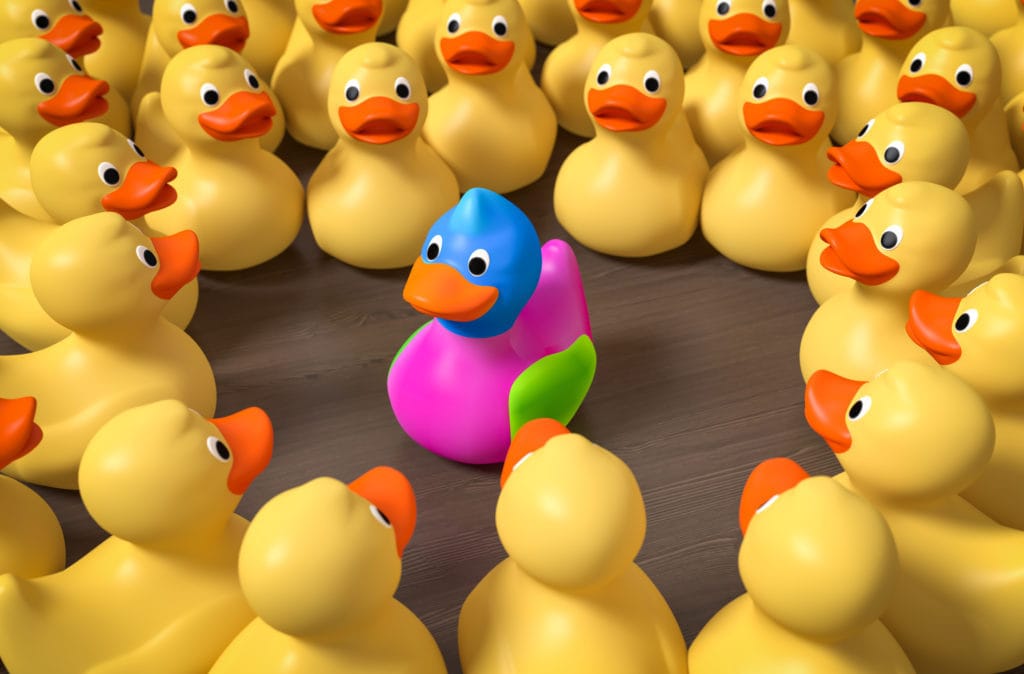In today’s hyper-connected world, where the stories of unparalleled success and multi-faceted achievements flood our feeds, it’s easy to fall into the trap of believing that we, too, must have it all and be it all. This pervasive message, while meant to inspire, often leads to an endless pursuit of more — more success, more roles, more experiences. However, the truth that often goes unspoken is that trying to have it all and be it all is not only unrealistic but can also detract from the richness of embracing a more focused and fulfilling life. Here’s why aiming to have and be it all is an impossible standard, and why recognizing this can lead to deeper satisfaction and happiness.
Debunking the Myth of Limitless Potential
At its core, the idea that one can have and be everything is a myth rooted in a misunderstanding of human potential and time. While personal development and growth are limitless, time and energy are not. Each day offers only 24 hours, and each person has a finite amount of energy. The attempt to excel in every area of life — career, family, personal hobbies, social life, fitness, and more — inevitably leads to a dilution of effort and, often, a sense of failure when one or more of these areas does not meet our sky-high expectations.
The Cost of Overextension
Pursuing everything simultaneously comes at a significant cost. This overextension can lead to burnout, a phenomenon increasingly common in societies that valorize busyness and productivity above wellbeing. The stress of juggling multiple roles and goals can detract from the very achievements we seek, leading to diminished health, strained relationships, and a pervasive sense of inadequacy.
The Value of Focus and Depth
In contrast to the relentless pursuit of more, embracing limitations allows for a focus on depth rather than breadth. By accepting that we cannot be all things, we open ourselves to the possibility of excelling in a few chosen areas. This focused effort can lead to mastery, deeper satisfaction, and a sense of achievement that the scattered pursuit of everything often fails to deliver. It also allows for a more profound engagement with life, where experiences can be savored, and relationships can be nurtured without the constant distraction of trying to do more.
The Liberation of Letting Go
Letting go of the need to have it all and be it all is liberating. It frees us from the self-imposed pressure of societal expectations and allows us to define success on our own terms. In this space, we can find joy in the journey, learning to appreciate the process of growth and the beauty of the present moment, rather than constantly striving for the next achievement.
Finding Balance and Contentment
The key to a fulfilling life is not in having it all but in finding balance and contentment with what we have. This balance involves making conscious choices about where to invest our time and energy, based on our values, aspirations, and the limitations of our circumstances. It’s about recognizing the richness of our current lives, even as we work towards future goals.
The Power of Choice
One of the most significant advantages of accepting that you can’t have it all is the empowerment that comes from making choices. Every decision to pursue one path is a decision not to pursue another, and there is incredible strength in making these choices consciously. It means prioritizing what aligns most closely with your core values and what brings you the most fulfillment. This deliberate selection process ensures that your energy is invested in pursuits that truly matter to you, rather than being scattered across an array of societal expectations.
Redefining Success
Another aspect of embracing limitations is the opportunity to redefine what success means to you. In a culture that often equates success with material wealth, prestigious titles, or social media clout, there’s a profound freedom in crafting a personal definition of success. For some, success might mean a well-balanced life that allows for ample time with loved ones. For others, it could be the pursuit of a passion project or making a difference in their community. This personalized approach to success is more fulfilling and sustainable over the long term.
The Joy of Missing Out
In opposition to the fear of missing out (FOMO) is the joy of missing out (JOMO). This concept celebrates the pleasures found in doing less, in choosing not to engage in every activity or social event, and instead finding joy in the activities and rest you choose. It’s about savoring the moments and recognizing that in missing out on some things, you’re fully embracing and experiencing others. This mindset shift can lead to a more peaceful and contented life.
Building Resilience Through Acceptance
Accepting that you can’t have or be it all is not a sign of defeat but a marker of resilience. It’s an acknowledgment of reality that enables you to adapt to life’s challenges more effectively. This acceptance helps build resilience by encouraging a focus on solutions and adaptability rather than dwelling on perceived shortcomings or failures. It teaches the value of perseverance, creativity, and flexibility in the face of life’s inherent limitations.
Cultivating Gratitude
A natural outcome of acknowledging that you can’t have it all is a heightened sense of gratitude for what you do have. Gratitude has been shown to have numerous psychological benefits, including increased happiness, reduced depression, and a greater sense of well-being. By focusing on the abundance in your life, rather than the absence, you foster a positive mindset that appreciates the present and looks to the future with optimism.
Conclusion
The pursuit of having it all and being it all is a mirage that can lead us away from the very happiness and fulfillment we seek. By embracing the limitations of our reality, making conscious choices about where to focus our energies, redefining success on our own terms, and finding joy in the paths we choose to explore, we can live richer, more meaningful lives. The acceptance that you can’t have it all is not a limitation but a liberation, opening the door to a life of depth, purpose, and contentment. In this realization lies the true art of living.






